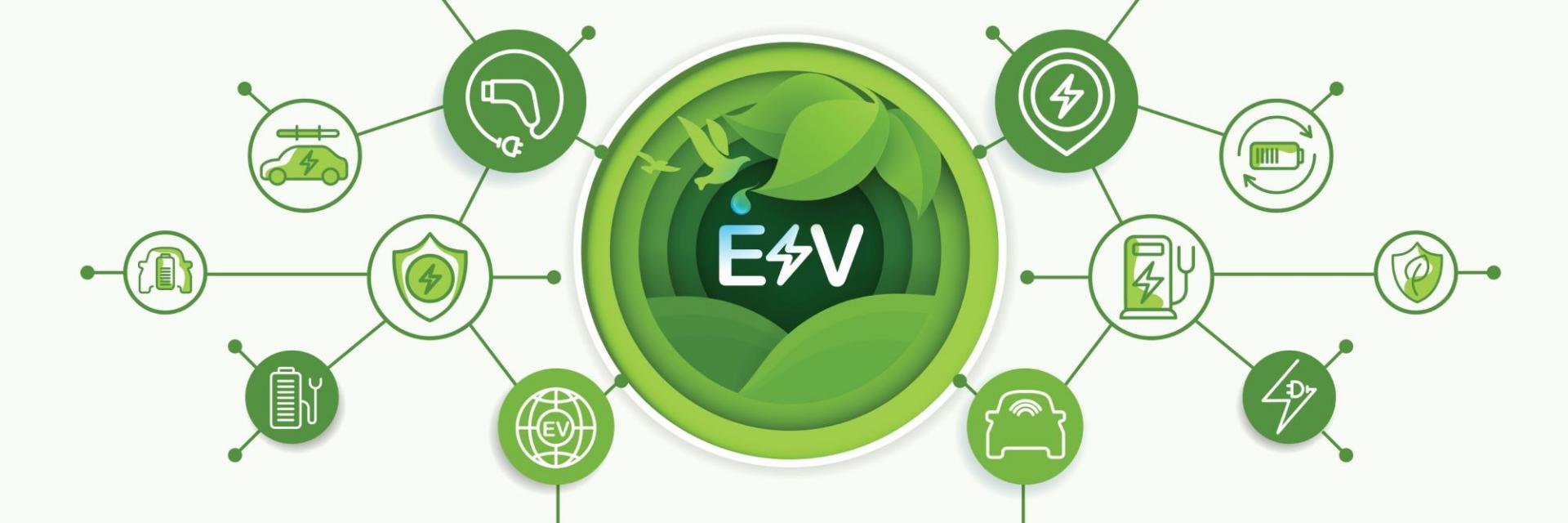Lusaka (Zambia), 9 December 2024 (ECA) – With the participation of representatives from the Democratic Republic of Congo (DRC), Morrocco and Zambia, the ECA Office for North Africa launched today in Lusaka the second phase of the regional project for the development of electric mobility value chains connecting the 3 countries.
The complementarities between our countries’ resource endowments and experiences are well enough to support the development of robust regional value chains for the productions of batteries and battery precursors. This can really move our economies away from fossil fuels. We are cognizant to the fact that we cannot achieve socio-economic transformation alone, but strategic partnerships such as these will play an important role in accelerating the positive trajectory of our development agenda, said Crusivia Hichikumba, Permanent Secretary for Investment and Industrialisation at Zambia’s Ministry of Commerce, Industry, and Trade, at the opening session.
Developing carbon-free transportation is essential to mitigating global warming. In Africa, vehicles are often older and are significant emitters of greenhouse gases, while public transport infrastructure remains in a poor state. Electric mobility offers Africa substantial opportunities to improve economic, environmental, and social conditions, explained Marie Pascale Diatuka Malanda, Coordinator of the DRC Agency for Ecological Transition and Sustainable Development.
The DRC is rich in strategic minerals such as cobalt and copper and has a central role to play in advancing electric mobility value chains, Diatuka Malanda noted.
She emphasized the importance of exploring synergies among the three countries’ technical capabilities, facilitating technology and knowledge transfer, and sharing best practices to promote green, low-carbon industrialization.
Electric mobility is a driver of economic, social, and environmental development, said Idriss Addahbi, Head of Intelligence and Strategy at the Moroccan Ministry of Industry and Trade. Addahbi highlighted Morocco’s transformation into Africa’s leading car producer, manufacturing one million vehicles annually, including four electric models, over the past two decades. “By developing a regional value chain, we are creating jobs, reducing our dependence on fossil fuels, and contributing to the fight against climate change. By joining forces, we can become a global electric mobility leader,” he stressed.
“This workshop is not just about dialogue; it is a call for action. Together, we must align our vision, pool resources, and leverage the unique strengths of Zambia, Morocco, and the DRC. By formulating actionable policies, measures, and initiatives, we can unlock Africa’s potential in the global e-mobility value chain, creating jobs, fostering innovation, and contributing to sustainable development,” said Adam Elhiraika, Director of the ECA Office for North Africa.
Elhiraika further elaborated: “Our focus in this meeting is to develop a comprehensive roadmap and implementation plan, along with a partnership framework to drive these regional value chains. The AfCFTA is a central pillar in this endeavor, providing a platform to harmonize policies and enable seamless regional integration. It can act as a catalyst for scaling e-mobility solutions, enhancing the movement of goods, expertise, and capital, and driving regional economic growth.
The workshop on the development of electric mobility regional value chains DRC – Morocco – Zambia (9-11 December 2024) is being organized as part of a project initiated in 2023 by the ECA Office for North Africa with the aim of facilitating the establishment of regional electric mobility value chains in Africa.
Building on Africa’s rich mineral resources and the expertise of countries such as Morocco, the current phase focuses on strengthening the technical capacities of the participating countries and establishing a partnership framework to advance value chain development in the battery production, vehicle assembly, and charging infrastructure sectors.
The workshop gathers policymakers, representatives from the public and private sectors, and technical experts from the DRC, Morocco, and Zambia. Its objectives include enhancing the expertise of public decision-makers and technical committees, fostering knowledge exchange through dedicated networks and platforms, validating partnership frameworks, roadmaps, and action plans, and encouraging the sharing of best practices and the development of collaborative initiatives.
The proceedings will conclude on 12 December 2024 with a high-level political dialogue on the development of regional automotive and electric mobility value chains, jointly organised by the ECA Offices for North and Southern Africa.
Note to editors:
For more information about this event and interview requests, please send an email to:
ECA in Southern Africa
Bedson Nyoni nyonib@un.org and Lavender Degre lavender.degre@un.org
ECA in North Africa:
Houda Filali-Ansary filali-ansary@un.org
ECA in Central Africa
Zacharie Roger Mbarga zacharie.mbargayene@un.org
Click here to join theHigh-level Policy Dialogue on the Development of Automotive and E-Mobility Regional Value Chains (Lusaka, 12 December 2024): https://crm-sro-na.uneca.org/high-level-policy-dialogue-e-mobility-rvc-2024?utm_campaign=High-Level%20Policy%20Dialogue%20E-Mobility%20RVC%202024&utm_source=ad_hoc_invite

